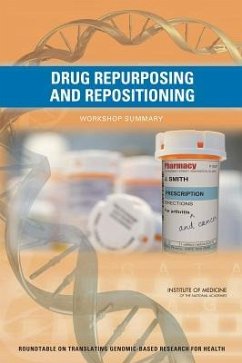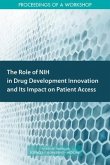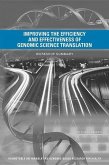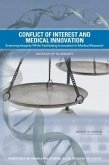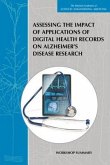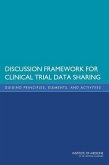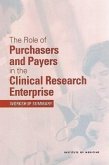"Drug development can be time-consuming and expensive. Recent estimates suggest that, on average, it takes 10 years and at least $1 billion to bring a drug to market. Given the time and expense of developing drugs de novo, pharmaceutical companies have become increasingly interested in finding new uses for existing drugs--a process referred to as drug repurposing or repositioning. Historically, drug repurposing has been largely an unintentional, serendipitous process that took place when a drug was found to have an offtarget effect or a previously unrecognized on-target effect that could be used for identifying a new indication. Perhaps the most recognizable example of such a successful repositioning effort is sildenafil. Originally developed as an anti-hypertensive, sildenafil, marketed as Viagra and under other trade names, has been repurposed for the treatment of erectile dysfunction and pulmonary arterial hypertension. Viagra generated more than $2 billion worldwide in 2012 and has recently been studied for the treatment of heart failure. Given the widespread interest in drug repurposing, the Roundtable on Translating Genomic-Based Research for Health of the Institute of Medicine hosted a workshop on June 24, 2013, in Washington, DC, to assess the current landscape of drug repurposing activities in industry, academia, and government. Stakeholders, including government officials, pharmaceutical company representatives, academic researchers, regulators, funders, and patients, were invited to present their perspectives and to participate in workshop discussions. Drug Repurposing and Repositioning is the summary of that workshop. This report examines enabling tools and technology for drug repurposing; evaluates the business models and economic incentives for pursuing a repurposing approach; and discusses how genomic and genetic research could be positioned to better enable a drug repurposing paradigm"--Publisher's description. --
Hinweis: Dieser Artikel kann nur an eine deutsche Lieferadresse ausgeliefert werden.
Hinweis: Dieser Artikel kann nur an eine deutsche Lieferadresse ausgeliefert werden.

